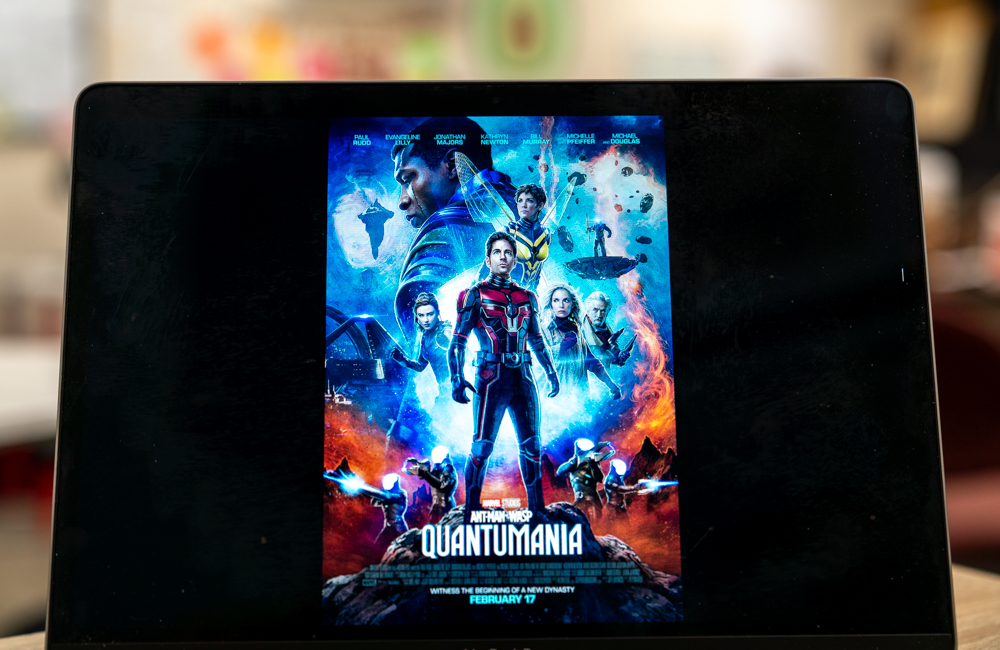Comcast and NBC are merging; so what does this mean for you? I’ve gotten a lot of questions from friends and family wondering what this merge means when one of the biggest cable service providers is to purchase one of the larger media companies in the world, and more importantly how it may affect their day-to-day life. Unfortunately, the answers to many of these questions are far from simple.
In its initial meetings about the merge, the FCC expressed that its primary concern was that allowing a cable provider complete control over NBC Universal’s cable and network programming would give unfair leverage to Comcast in an already competitive and complicated business of content distribution. In short, the government is afraid that this merger will create a monopoly resulting in Comcast closing out competition, raising rates for customers and greatly undermining public interest.
The result of the long-time hold on the merger came up with a 4-to-1 approval from the FCC allowing for the purchase to go through, but many are concerned that the conditions of the agreement are little more than false promises, as it looks like Comcast will still have the power to do exactly what people feared: shut down competitors and jack up its prices.
The issue here is that we, the consumer, have seen mergers like this before with the creation of media giants like Walt Disney Co., Viacom and Time Warner among others. In all of these cases, arrangements were made to supposedly protect, above all else, the best interests of the consumer. But drastically lower costs did not come as a result, nor did the supposed heyday of media entertainment, nor many of the bigger promises made by these merging companies.
So the basic truth of this deal is it could mean a big headache in the near future for both Comcast (sorry, who are they kidding with “Xfinity”) and other cable company customers. For those who look to sites like Hulu.com and Netflix for NBC Universal content, they could find themselves with fewer selections, if any. It could mean higher costs for cable across the board.
These are all hypothetical results, and only time will tell how exactly this will affect our day-to-day television viewing. I hope for the best but I can only look to history for the cues about how this will play out, and if history is any indication we are in for a bumpy ride.
































































































































Bryon • Mar 2, 2011 at 12:16 am
There are many concerns for how this merger will affect the general TV consumer as Comcast will have re-broadcasting rights to NBC/Universal programming. Will local channel re-broadcasting for competition be too expensive to provide a reasonable price? Since I heard about this merger while working at DISH Network much buzz has been around the office, and DISH has sent several letters to Congress expressing their concerns, and outlining them in detail for proposals that would make this merger fair for everyone. DISH Network has been the fastest growing satellite provider for decades because they have fought to keep prices low for their customers, first in the industry to offer free HD for life to qualifying customers, and currently offer more HD channels than any other provider. Only their customers benefit when competition allows for fair programming purchasing. It’s not too late to write your congressman/woman and express your views.